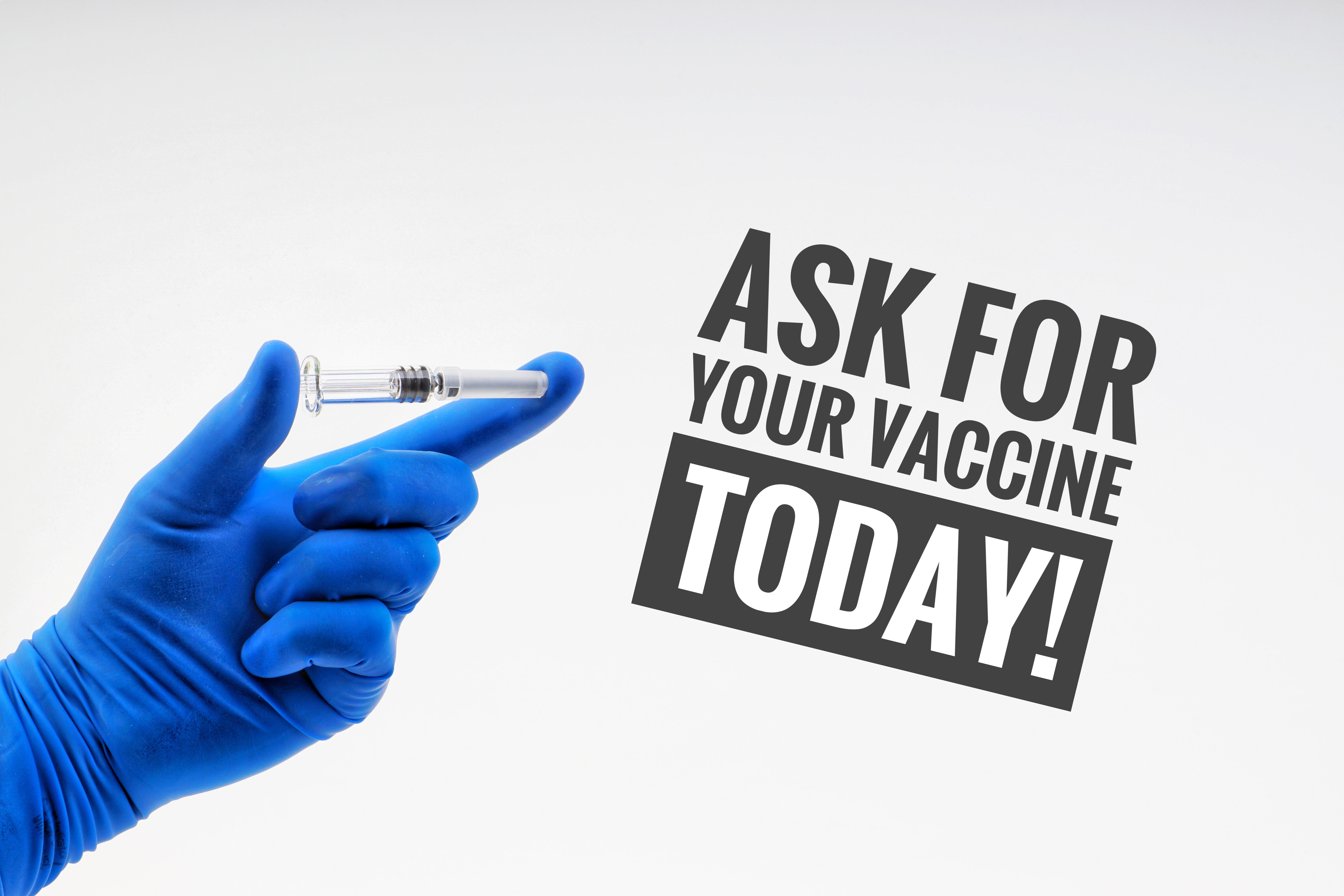
The topic of vaccine marketing is complicated and often controversial. Science has proven vaccines work, and yet the measles outbreak has hit a 25-year high. The questions beg to be asked: how did immunization become a hot button issue, and how can vaccine manufacturers and retailers fight the stigma against them and boost immunization rates? The answers to both of these questions are, surprisingly, one and the same: social media.
Social Media – The Problem and the Solution
How did social media become a main factor in vaccine marketing? For years, people have been using social media platforms to spread vaccine misinformation – both on purpose and by mistake. As articles are shared over and over again, non-credible sources threaten to undermine the pharmaceutical and scientific communities’ ability to defend immunization.
Social media has disrupted the way we spread news, with users opting to re-broadcast posted content as quickly as possible. This has led to the rise of fake news: the dissemination of news that is not authentic or not fact-checked. With the majority of Americans failing to fact-check the information they share, an environment has been created where anti-pharmaceutical ideas can gain enormous traction in a short period of time.
And though Pinterest and Facebook have joined the fight to stop this spread of misinformation, the damage, as we’ve seen in the latest deadly measles outbreak, has already been done.
3 Ways to Use Social Media for Vaccine Marketing
So what can vaccine manufacturers and retailers do to counteract vaccine skepticism? They can use the same platforms utilized to misinform to instead refocus and reinvigorate their brands. By taking control of the social media narrative through a three-pronged approach, vaccine manufacturers can disperse positive and factual information to encourage young adults and older folks alike to protect themselves through immunization.
1. Be Trustworthy and Authentic in Your Communications
The most essential component in a company’s medical marketing strategy is the establishment of consumer trust. As consumers continue to demand more authenticity, vaccine manufacturers must work on repairing the industry’s trust issues by increasing their transparency. Utilizing an open communication and reputation management strategy will help you control the narratives regarding your company and your products. You will be able to more effectively counter any misconceptions about immunization, while also showing consumers you take an active role in addressing and mitigating their concerns and fears. Working with trusted industry experts can also help you address trust issues, as people tend to trust third-party sources more than they trust big name brands themselves. Lastly, work with an agency skilled at translating complex messages into humanizing, inspiring stories. Your audience doesn’t care about the science and politics that goes into creating vaccines, they care about how those vaccines will positively affect their lives.
2. Meet Your Audience Where They Are: Online
After establishing trust, it’s essential that companies recognize the damage that’s been done and work to alleviate fears in an accessible, digital public forum. Since the most active generation on social media is millennials, marketing strategies must be contemporary in their approach to consumer interaction.
Research and communications firm Westat took on the issue of vaccines, encouraging widespread immunization on behalf of a health organization. By producing an hour-long chat on Twitter in which users could comment and ask questions, they were able to provide information and resources to the public, engage in a direct dialogue with consumers, address vaccination myths and positively influence public perception. They addressed comments through the use of a prepared script, allowing them to control the narrative throughout the chat and ensure their message was communicated clearly.
3. Extend Your Reach
Do you feel that, despite committing countless hours and resources to managing your digital platforms, you’re still playing defense when it comes to fighting misinformation and skepticism? You’re not alone. For many organizations, owned platforms have become very useful customer service tools that allow for two-way communication. However, since the best defense is often a good offense, it’s time to extend your reach from your owned platforms and find other avenues to reach people.
One such avenue includes utilizing celebrities and other social media influencers to help spread awareness for your campaign. This strategy has been used by anti-vaxxer groups for years, as they have used and continue to use celebrities to speak out against vaccines. By finding similarly well-known spokespeople for healthcare marketing campaigns, vaccine manufacturers and retailers can boost vaccination rates more effectively, promoting and popularizing the findings established by medical professionals through celebrity appeal. Also explore potential partnerships with popular state officials, hospitals, healthcare clinics, news organizations, and community establishments that can help popularize and personalize immunization. This deepens the consumer-manufacturer trust while boosting accessibility and, consequently, sales.
Another tactic for extending marketing reach comes from the Washington State Campaign, which created a social marketing campaign that utilized highly targeted segmentation techniques in ad campaigns aimed at parents. By analyzing background characteristics typically found in vaccine-skeptic parents, the state was able to create and disseminate targeted messages over the course of two years, using immunization timelines and demographic research to effectively boost vaccination rates.
This three-pronged approach to social media marketing is just what the doctor ordered when it comes to immunization trends. If the measles outbreak shows us anything, it’s that consumers are actively looking for more information when it comes to their health, and companies have the power to re-influence public perception by maintaining transparency and answering their needs. A successful social marketing strategy uses established commercial marketing techniques, authentic and accessible communication methods, and emotional appeal to effectively reach audiences.
